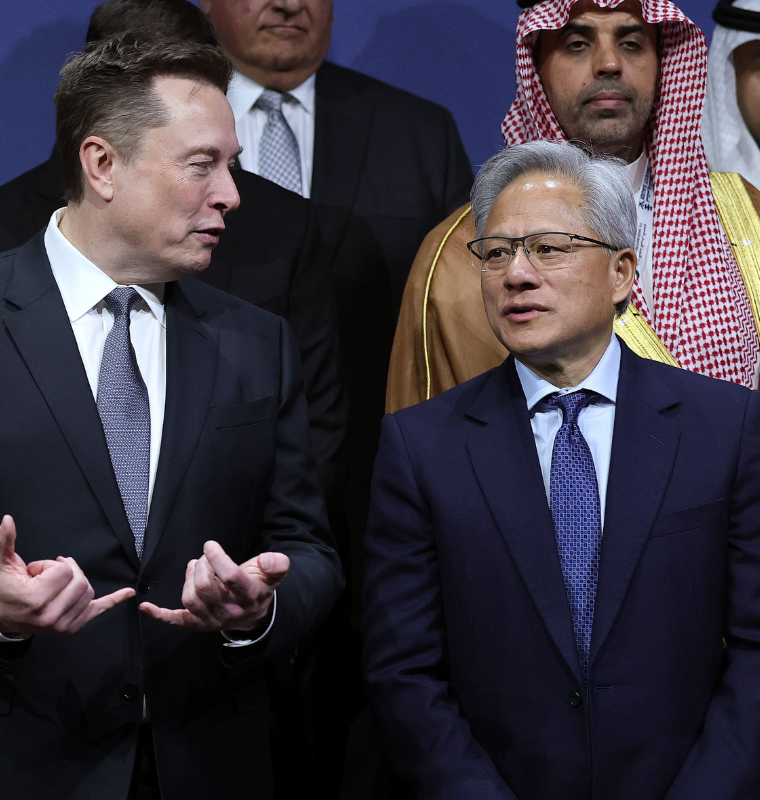Microsoft Introduces New Ethics Review Portal After Middle East Cloud-Usage Backlash
Microsoft Introduces New Ethics Review Portal After Middle East Cloud-Usage Backlash
By
David Goldfarb
Last updated:
November 6, 2025
First Published:
November 6, 2025

Photo: The New York Times
A New Era of Accountability
Microsoft has unveiled a new internal system that allows its more than 200,000 employees to raise ethical concerns about how the company’s technology is being used around the world. The initiative, called the Trusted Technology Review, aims to bring more transparency and accountability after recent criticism over Microsoft’s contracts in the Middle East.
President Brad Smith announced the policy in an internal memo, noting that employees can now request a review whenever they suspect Microsoft products or services are being used in ways that might violate human-rights principles or the company’s ethical standards. Importantly, submissions can be made anonymously, and the company’s non-retaliation policy applies to all cases.
The Catalyst: Middle East Controversy
The new system comes after intense scrutiny following reports that Israel’s Unit 8200, a military intelligence division, allegedly used Microsoft’s Azure cloud platform to develop tools capable of tracking Palestinian communications during operations in Gaza.
Microsoft investigated the claims and later restricted certain Azure and AI services for the Israeli Defense Forces while reaffirming that its cloud infrastructure must not be used for surveillance or activities violating human rights.
The issue sparked employee protests across Microsoft offices, where workers demanded more transparency around the company’s defense contracts and AI partnerships. The demonstrations led to multiple arrests and resignations, intensifying public debate over whether technology companies should engage in military collaborations.
Balancing Growth and Ethics
The controversy comes at a time when Microsoft’s global business is expanding rapidly. The company recently celebrated its 50th anniversary, with its market capitalization surpassing $3 trillion—a historic high driven by growth in AI and cloud computing.
Microsoft’s Azure platform, now a backbone for artificial-intelligence firms like OpenAI, accounts for an estimated 22% of the global cloud market. Yet, as its influence grows, so does scrutiny over how its technologies are used.
Brad Smith emphasized that the company must strengthen its pre-contract due-diligence process, ensuring engagements that could raise human-rights concerns are evaluated thoroughly before approval.
Empowering Employees to Speak Up
The new Trusted Technology Review is more than a reporting channel—it represents a cultural shift within Microsoft. Employees now have a formal mechanism to voice concerns, whether about product misuse, government contracts, or potential ethical breaches.
This move follows months of internal unrest tied not only to the Middle East issue but also to broader dissatisfaction with layoffs, hybrid-work mandates, and transparency within leadership decisions.
By institutionalizing the right to question technology’s purpose, Microsoft aims to rebuild internal trust while showing regulators and investors that it takes corporate responsibility seriously.
Industry Context and Future Implications
Microsoft’s move highlights a growing challenge for big tech companies balancing innovation with moral responsibility. As governments and militaries worldwide increasingly rely on private-sector AI and cloud tools, ethical oversight becomes a strategic necessity rather than a public-relations exercise.
Other major players like Google and Amazon have faced similar pushback from employees over defense and surveillance contracts. Microsoft’s structured ethics review could set a precedent for how global tech corporations address internal dissent and external scrutiny moving forward.
Still, questions remain about how transparent the process will be and whether employee feedback will meaningfully influence corporate decisions. Analysts note that true accountability will depend on how often the company discloses outcomes from these reviews and whether it acts decisively on verified concerns.
Microsoft’s launch of the Trusted Technology Review marks an important shift toward greater ethical accountability in the tech industry. The company’s swift response to the Middle East controversy signals an awareness that reputation, employee trust, and global responsibility are now deeply intertwined.
While it remains to be seen how effectively this new system will work in practice, the message from Redmond is clear: in the age of artificial intelligence and cloud dominance, ethics can no longer be treated as an afterthought—they must be built into the foundation of innovation.
Popular articles
Subscribe to unlock premium content
How Adults Are Paying to Experience Silent Daylong Festivals for Mindfulness

The Rise of Ultra-Personalized Scent Memory Experiences Using Olfactory Therapy

Why Some Millennials Are Paying for One-Day Luxury Survival Challenges in Nature

How Adults Are Paying to Experience Silent Daylong Festivals for Mindfulness

The Rise of Ultra-Personalized Scent Memory Experiences Using Olfactory Therapy

How Adults Are Paying to Experience Silent Daylong Festivals for Mindfulness







.png)

